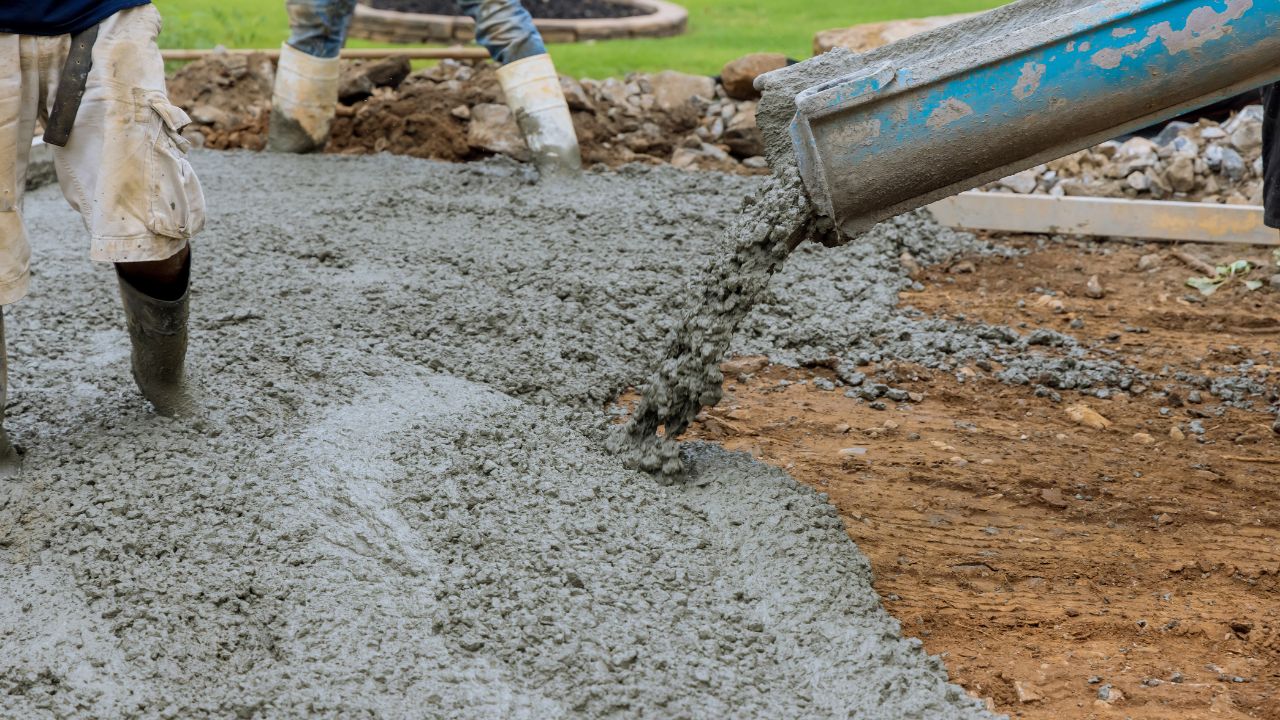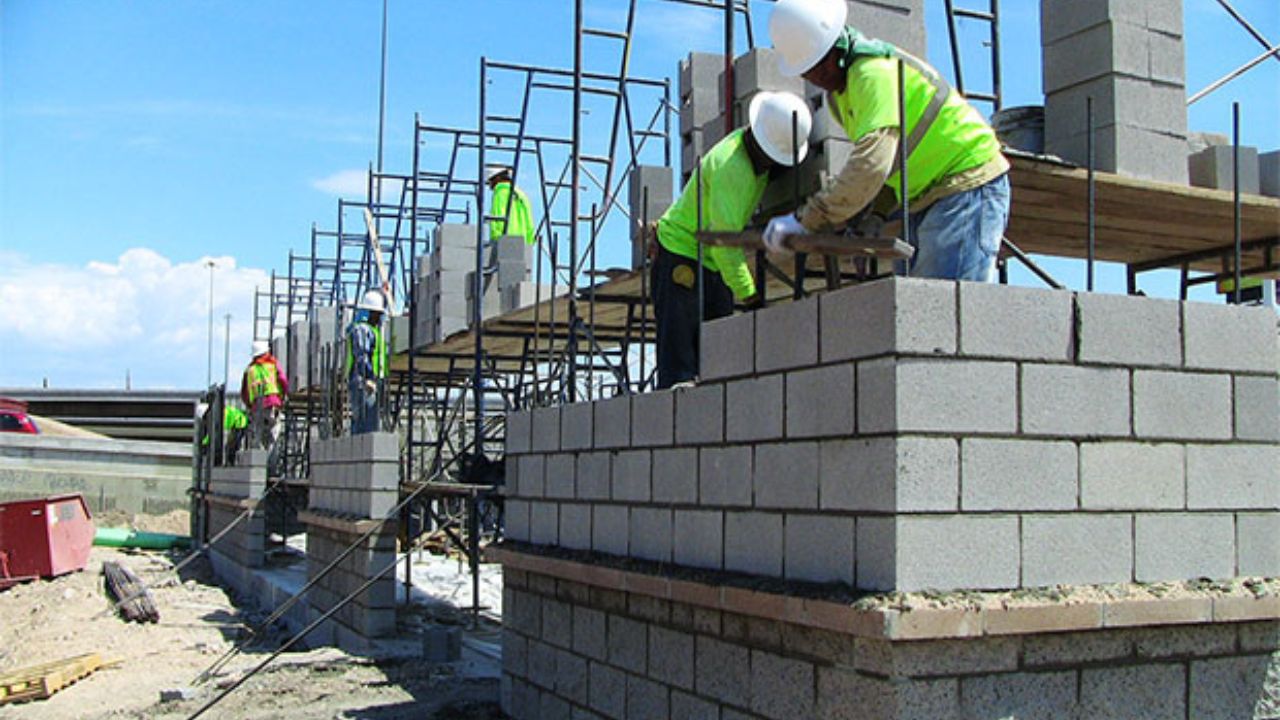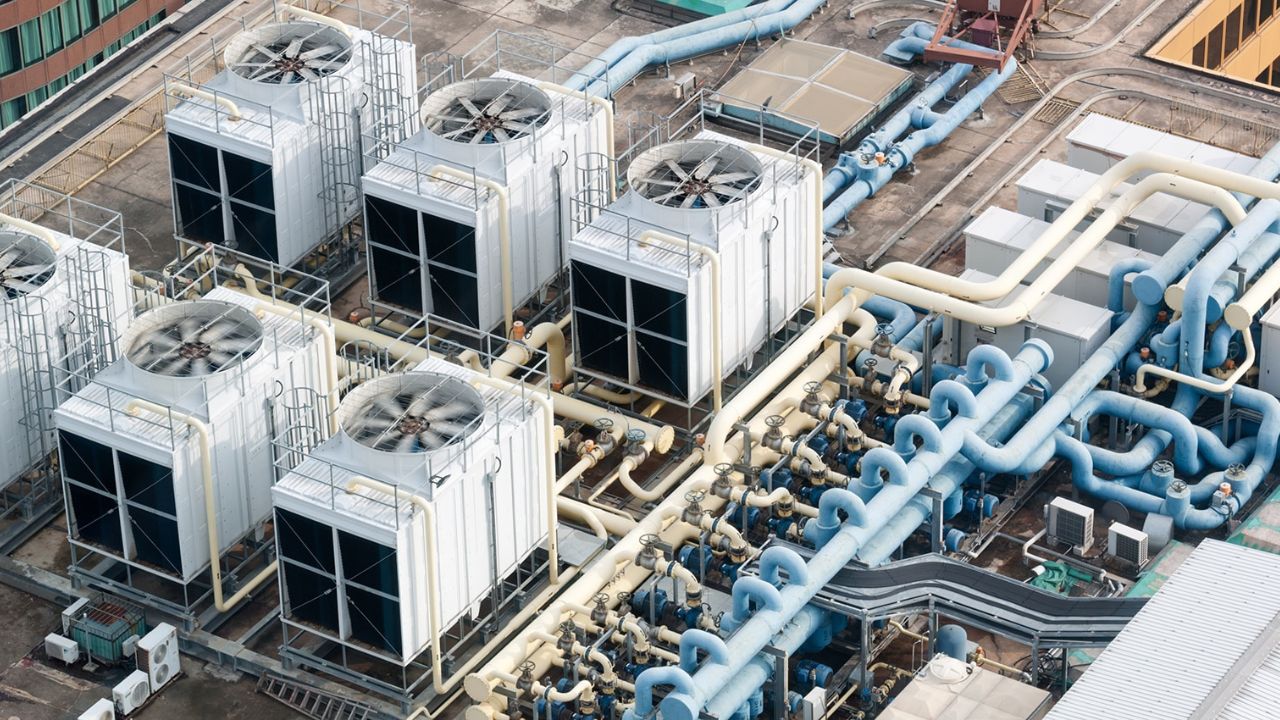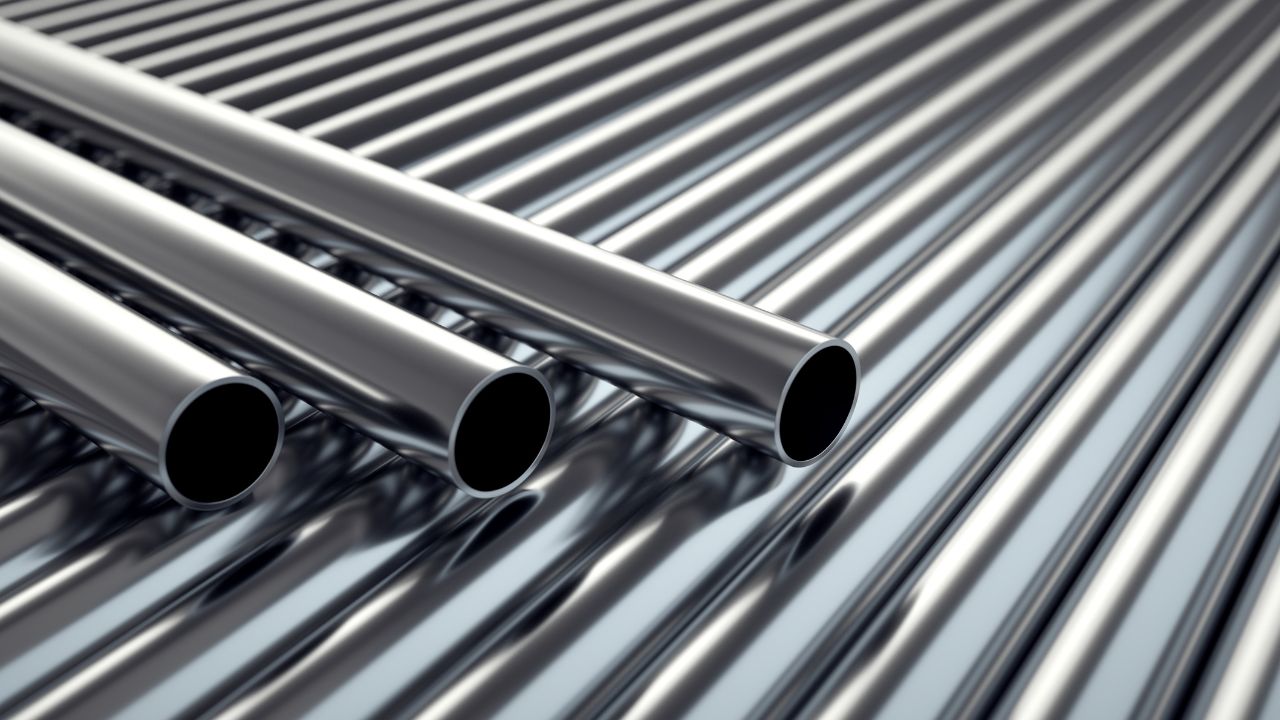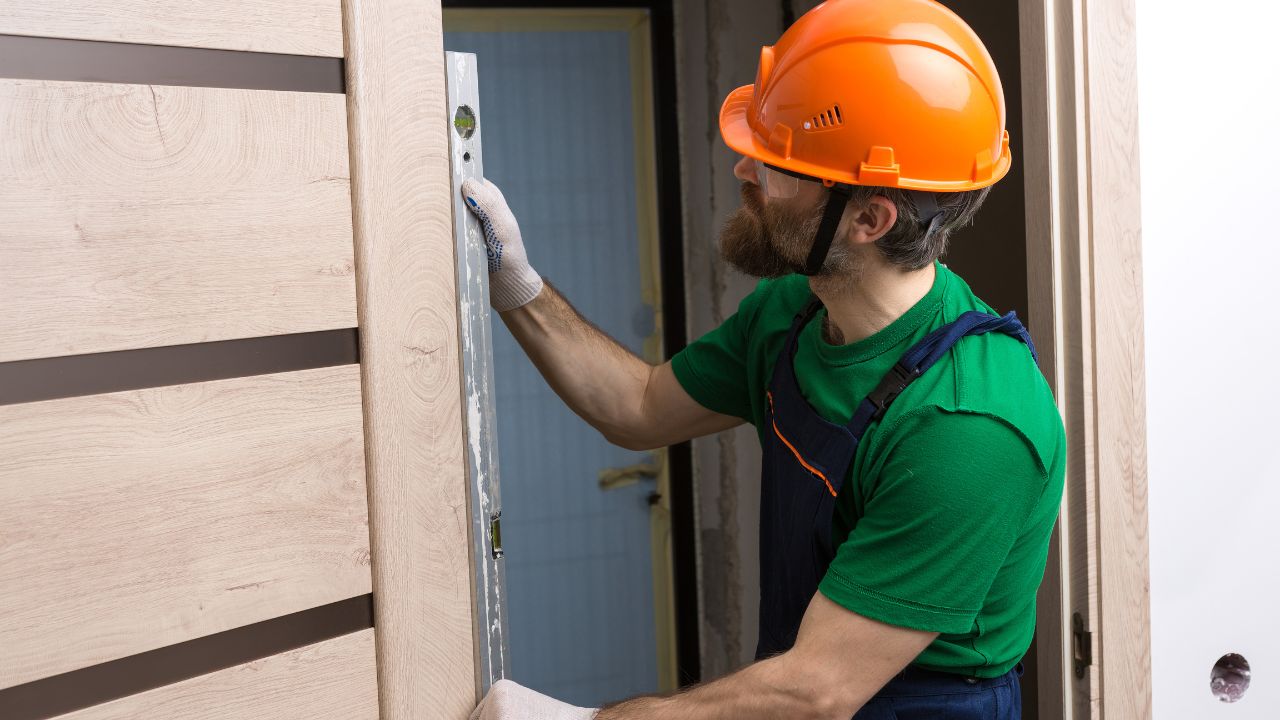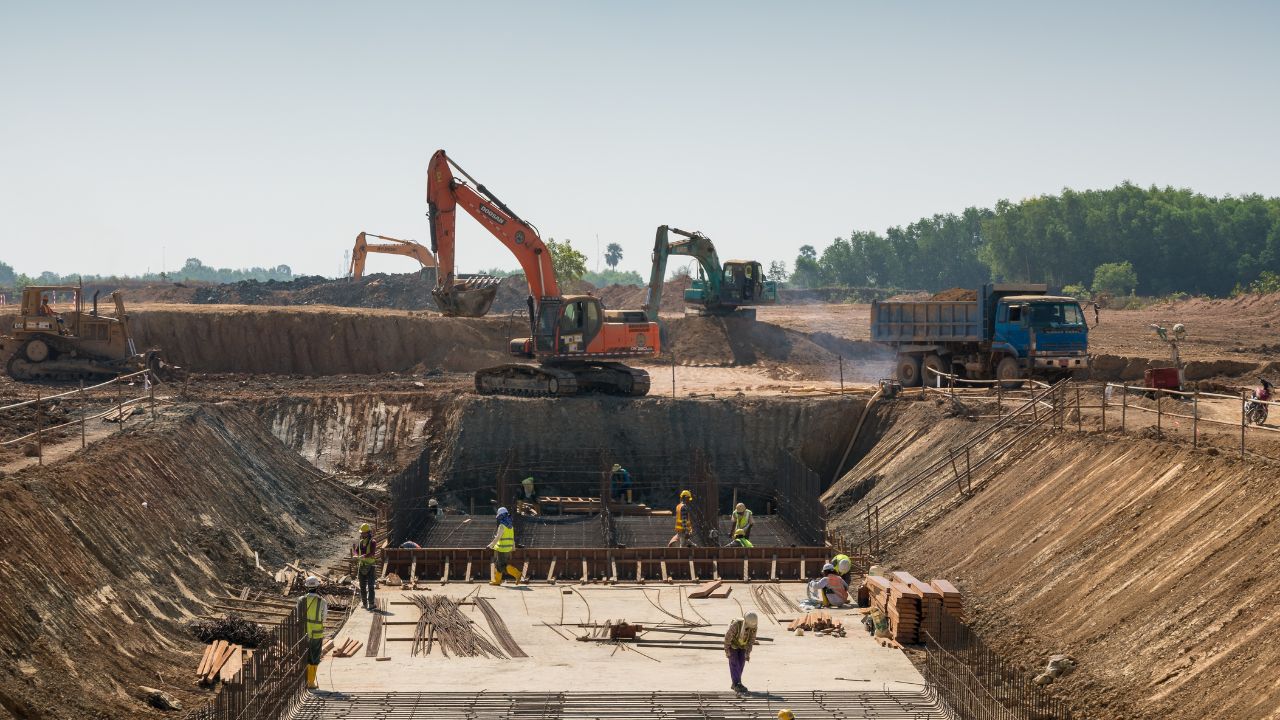Estimate the cost to build a screened-in porch, tailored to your frame material, roof type, and additional features.
A paver walkway adds both functionality and aesthetic appeal to any outdoor space, enhancing property value while providing a durable path for foot traffic. Whether you’re a contractor, homeowner, or developer in Florida, understanding the costs associated with building a paver walkway is essential for planning and budgeting. At Estimate Florida Consulting, we’re dedicated to offering accurate cost estimates tailored to your project needs, helping you achieve a balance between quality and budget.

Cost of Paver Walkway by Square Foot
The size of the walkway directly impacts the cost, as larger areas require more materials and labor. Here’s a cost breakdown by square footage.
Walkway Size | Average Cost Range |
50 sq. ft. | $500 – $1,250 |
100 sq. ft. | $1,000 – $2,500 |
200 sq. ft. | $2,000 – $5,000 |
300 sq. ft. | $3,000 – $7,500 |
Paver Walkway Base Preparation Costs
Proper base preparation is essential for the longevity and stability of a paver walkway. The cost of base preparation includes excavation, leveling, and adding a base layer of crushed stone or gravel.
Base Type | Cost per Sq. Ft. |
Gravel Base | $2 – $5 |
Sand Base | $1 – $3 |
Compacted Soil Base | $1 – $2 |
Get Started with Your Project!
Paver Types and Material Costs
The type of paver material you choose has a significant impact on the overall cost of your walkway. Below are some common paver materials and their average costs.
Paver Material | Average Cost per Sq. Ft. | Characteristics |
Concrete Pavers | $6 – $15 | Durable, versatile, cost-effective |
Brick Pavers | $10 – $20 | Classic look, slip-resistant |
Natural Stone Pavers | $15 – $30 | High-end, elegant, unique textures |
Porcelain Pavers | $20 – $35 | Durable, modern look, high cost |
Concrete Pavers
Concrete pavers are a popular choice for outdoor spaces, appreciated for their durability, versatility, and cost-effectiveness. Available in various colors, shapes, and textures, concrete pavers allow for endless customization and can mimic the look of natural stone or brick at a more affordable price. They are relatively easy to install, making them a budget-friendly option for both contractors and DIY homeowners. Concrete pavers are ideal for driveways, walkways, and patios where durability and style are both essential.
Brick Pavers
Brick pavers offer a traditional and classic look that enhances the aesthetic appeal of any outdoor area. Although generally more expensive than concrete pavers, brick pavers are highly valued for their slip-resistant surface and timeless design. They are an excellent option for homeowners seeking a rustic or historic charm in their landscaping. Brick pavers are durable, with a natural color that doesn’t fade easily, making them a long-lasting choice for walkways, patios, and courtyards.
Natural Stone Pavers
Natural stone pavers, such as granite, bluestone, and limestone, provide a luxurious, high-end appearance with unique textures and color variations. While more expensive than concrete or brick, these materials are incredibly durable and can withstand various weather conditions, making them suitable for upscale projects. Natural stone pavers are often chosen for their ability to add elegance to outdoor spaces, making them ideal for high-visibility areas like pool decks, patios, and garden pathways where aesthetics are a top priority.
Porcelain Pavers
Porcelain pavers are a relatively new but rapidly growing option in outdoor design. Known for their modern look and durability, porcelain pavers are highly resistant to weather, stains, and fading. Although they tend to be more costly, they require little maintenance and retain their appearance over time, making them an ideal choice for areas with heavy foot traffic or exposure to outdoor elements. Porcelain pavers are well-suited for contemporary outdoor spaces, patios, and pool decks where a sleek, low-maintenance option is desired.
Paver Walkway Base Preparation Costs
Proper base preparation is essential for the longevity and stability of a paver walkway. The cost of base preparation includes excavation, leveling, and adding a base layer of crushed stone or gravel.
Base Type | Cost per Sq. Ft. |
Gravel Base | $2 – $5 |
Sand Base | $1 – $3 |
Compacted Soil Base | $1 – $2 |
Labor Costs for Paver Walkway Installation
Labor is a substantial part of the total cost, especially for complex designs. The average labor cost for paver installation in Florida ranges from $5 to $15 per square foot, depending on the expertise required and the complexity of the project. Projects involving intricate patterns, curves, or slopes may require additional time and skill, which can increase the labor costs.
Type of Project | Labor Cost per Sq. Ft. |
Basic Straight Walkway | $5 – $8 |
Curved Walkway | $8 – $12 |
Intricate Pattern Design | $10 – $15 |
Paver Walkway Installation Cost Breakdown
Excavation and Site Preparation
Before laying pavers, the ground must be excavated and leveled. Site preparation involves removing vegetation, grading, and ensuring a stable foundation. On average, excavation costs range from $2 to $5 per square foot.
Component | Average Cost per Sq. Ft. |
Excavation | $2 – $5 |
Grading | $1 – $2 |
Weed Barrier Installation | $0.50 – $1.50 |
Base Material Installation
The base layer, usually composed of gravel or crushed stone, supports the pavers and promotes drainage. Costs for base material installation are typically $1 to $3 per square foot.
Component | Average Cost per Sq. Ft. |
Gravel Base | $1 – $2 |
Sand Layer | $0.50 – $1 |
Paver Laying and Setting
Laying pavers requires skill and precision. Professional installation ensures proper alignment, leveling, and joint spacing. Labor costs for paver installation range from $6 to $10 per square foot.
Edging and Sealing
Edging helps keep pavers in place, while sealing provides protection from weather and staining. Both are essential for maintaining the walkway’s appearance and longevity.
Component | Average Cost per Sq. Ft. |
Edging | $1 – $3 |
Sealing | $1.50 – $3 |
Additional Costs: Edging, Sealing, and Drainage
To ensure the durability and aesthetic appeal of a paver walkway, several additional features may be added:
Edging
Edging is an important feature that helps keep pavers securely in place and prevents them from shifting over time. Edging materials can include plastic, metal, or concrete, each offering different levels of durability and aesthetic appeal. The cost for edging typically ranges from $1 to $5 per linear foot, depending on the material used. Installing edging around a paver walkway is a worthwhile investment to maintain its structure and appearance, especially in high-traffic areas.
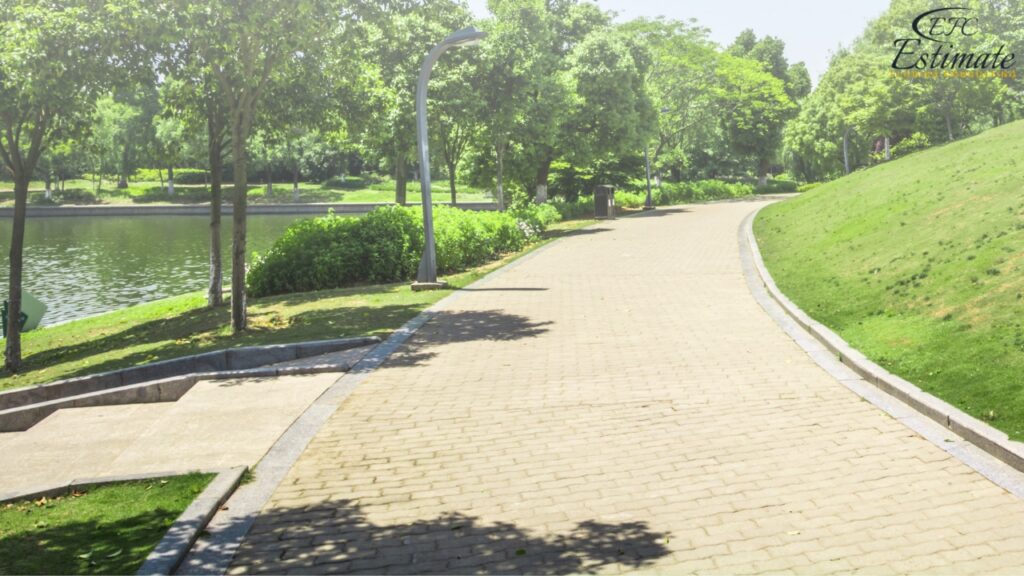
Sealing
Sealing pavers adds an extra layer of protection against moisture, stains, and UV damage, preserving their color and durability. Sealing costs average between $0.50 to $2 per square foot, with variations depending on the type of sealer and the paver material. Regular sealing (every 2-3 years) is recommended to enhance the longevity and appearance of the walkway, especially in areas exposed to heavy rain or sunlight.
Drainage
In regions with heavy rainfall or areas prone to water accumulation, adding a drainage system helps prevent water buildup around the pavers, reducing the risk of shifting and erosion. Simple drainage solutions, such as trench drains or French drains, cost between $5 and $15 per linear foot. Effective drainage is essential to maintaining the walkway’s stability and preventing issues related to water damage, especially on sloped or low-lying landscapes.
Curved vs. Straight Paver Walkway
The layout of the walkway can significantly affect the installation cost. Straight walkways are generally less expensive to install due to their simplicity. Curved walkways, however, require more labor and precision, often resulting in higher costs.
Walkway Type | Average Cost per Sq. Ft. |
Straight Walkway | $10 – $20 |
Curved Walkway | $15 – $25 |
Factors Affecting Paver Walkway Cost
Several factors can influence the cost of a paver walkway, including:
Type of Paver Material
The choice of paver material significantly impacts the total cost. Concrete pavers are generally the most budget-friendly, while brick offers a slightly higher price point with a traditional look. Natural stone pavers, like granite or bluestone, are typically the most expensive due to their durability, unique textures, and premium aesthetic. Each material also varies in maintenance requirements, influencing long-term costs.
Walkway Size
The size of the walkway, measured in square feet, directly influences the cost of both materials and labor. Larger walkways require more pavers, preparation work, and installation time, increasing the overall expense. Estimating the exact square footage helps in budgeting for materials and determining the scope of labor needed.
Pattern and Design Complexity
Intricate patterns or custom designs, such as herringbone, basket weave, or circular patterns, require more precision and additional labor, which raises installation costs. Simple patterns are more cost-effective, while complex designs enhance visual appeal but require skilled installers, adding to the labor expense.
Site Preparation
The condition of the installation site affects preparation costs. If the ground needs grading, excavation, or leveling, this adds to the overall expense. Sites with slopes, uneven surfaces, or poor drainage may require additional preparation steps, such as adding a base layer or compacting soil, to ensure a stable and even walkway.
Additional Features
Adding features like edging, sealing, and drainage can enhance the walkway’s durability and appearance but come with extra costs. Edging helps prevent pavers from shifting, sealing protects against stains and moisture, and drainage prevents water buildup. While these features increase the upfront cost, they contribute to a long-lasting and visually appealing walkway, making them valuable investments.
For Paver Walkway and Other Projects
Turnaround time is 1-2 days.
Win More Projects With Us
DIY vs. Professional Installation Cost
When considering whether to tackle an outdoor fireplace project yourself or hire a professional, it’s essential to weigh the costs and benefits:
- DIY Installation: The main savings come from avoiding labor costs, which can make up 30% or more of the total expense. However, DIY projects require that you have the necessary tools and a solid understanding of techniques, like laying pavers or building stable foundations. While DIY can be more affordable, costs can rise if you need to purchase tools or fix mistakes.
- Professional Installation: Hiring a pro ensures a quality, durable installation that can withstand weather and time. Professionals bring both expertise and efficiency, though the upfront cost is higher. A professional’s work also often includes warranties or guarantees, providing peace of mind. While it’s a larger investment, it often pays off in the long-term durability and reduced maintenance.
Conclusion
A paver walkway adds elegance, functionality, and value to any property, making it a worthwhile investment for homeowners and developers alike. From the cost-effective concrete and brick pavers to the luxurious natural stone and porcelain options, there is a range of materials to fit every aesthetic and budget. While the upfront costs can vary depending on factors like walkway size, design complexity, and additional features, a well-installed paver walkway can provide years of durability with minimal maintenance. By working with professionals, like those at Estimate Florida Consulting, you can achieve a stunning and long-lasting outdoor feature tailored to your needs.
Comprehensive Trade-Specific Estimates
At Estimate Florida Consulting, we offer detailed cost estimates across all major trades, ensuring no part of your project is overlooked. From the foundation to the finishing touches, our trade-specific estimates provide you with a complete and accurate breakdown of costs for any type of construction project.
Frequently Asked Question
The cost per square foot varies depending on the paver material and installation complexity. On average, paver installation costs range from $10 to $30 per square foot, with additional factors like base preparation, edging, and sealing impacting the total cost.
Key factors include the type of paver material, walkway size, design complexity, site preparation, and optional features like edging and sealing. More intricate designs, larger areas, or premium materials increase the overall cost.
Concrete pavers range from $6 to $15 per sq. ft., brick pavers from $10 to $20 per sq. ft., natural stone pavers from $15 to $30 per sq. ft., and porcelain pavers from $20 to $35 per sq. ft. Each type has unique characteristics that may influence both cost and longevity.
Base preparation costs vary depending on the material used. A gravel base costs $2 to $5 per sq. ft., while a sand base is around $1 to $3 per sq. ft., and a compacted soil base costs $1 to $2 per sq. ft. The base ensures stability and durability, making it a crucial part of the installation.
Yes, curved walkways typically cost more due to the additional labor and precision required to create a smooth, continuous curve. Curved walkway installation averages $15 to $25 per sq. ft., while straight walkways are generally $10 to $20 per sq. ft.



